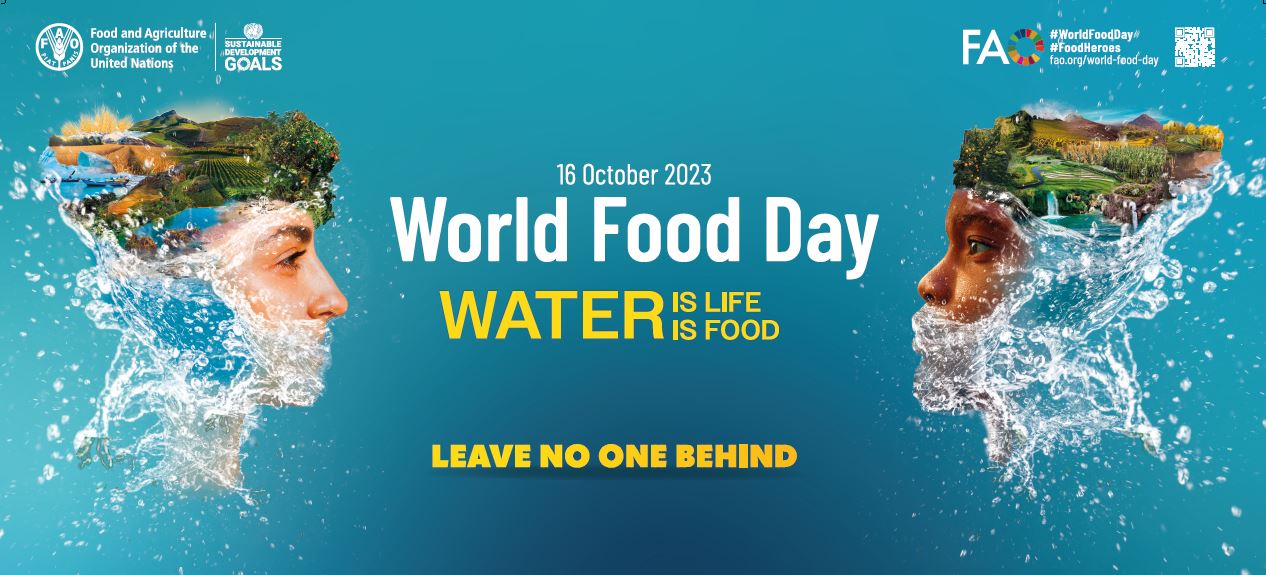Ahead of World Food Day, which is being marked on October 16, 2023, and with millions worldwide starving, global food wastage has yet to ease.
According to agencies, food worth billions of dollars goes to waste annually due to poor post-harvest storage and food that has made it to the table but is later dumped as leftovers.
Rich countries, the world’s major food producers, have been identified as culprits as the Global South struggles with food insecurity. The World Food Programme (WFP) says hundreds of millions of people in developing countries require food assistance despite evidence that global food production remains enough to address such humanitarian emergencies.
According to the WFP, global hunger is worse than ever, with a third of food produced for human consumption going to waste. For perspective, the Food and Agriculture Organization (FAO) estimates annual global food wastage at 1.6 billion tons. And the numbers remain staggering. “In just two years, the number of people facing, or at risk of, acute food insecurity increased from 135 million in 53 countries pre-pandemic to 345 million in 79 countries in 2023,” WFP says.
Recovering from the devastation brought by Covid-19
On the other hand, in the run-up to last month’s International Day of Awareness of Loss and Waste, the United Nations had another set of upsetting statistics: “13 percent of produced is lost between harvest and retail, while 17 percent of total global production is wasted in households, in the food service, and retail.”

This year’s World Food Day comes against the backdrop of countries still recovering from the devastation brought by COVID-19, which disrupted agricultural activity and food production. “Fueled by conflict, climate shocks, and COVID-19, the crisis is escalating as the war in Ukraine drives up the costs of food, fuel, and fertilizers. Millions of people are struggling to put food on the table and are being driven closer to starvation in a storm of staggering proportions,” the agency adds in a 2023 donations appeal.
While the Russia-Ukraine war has been blamed for putting the brakes on global food distribution networks, analysts note that beyond wastage, climate change remains a major challenge in food production. “The return of El Niño this year will exacerbate extreme weather events and lead to record-high global temperatures in some geographies, impacting crop yields in the 2023-24 growing season,” said Tanya Bahita, research analyst at the Economist Intelligence Unit. “Climate change continues to pose long-term threats to food security with significant potential impact on crop productivity.”
Post-harvest losses
There are concerns that future World Food Day commemorations will likely face the same global challenges to meet its goals unless clear and present dangers are addressed. Developing countries have struggled with post-harvest losses amid concerns that poor storage technologies have worsened food wastage and food insecurity, leaving millions requiring aid assistance. “The financial costs of food wastage amount to more than one trillion dollars each year. The World Food Programme is extremely concerned as this is a challenge we must solve as we work towards achieving Zero Hunger,” said WFP spokesperson Tomson Phiri. “On World Food Day this year, some 345 million people are facing acute food insecurity, and the humanitarian system is struggling to keep pace with the needs.”
In 2021, the Barilla Center for Food and Nutrition Foundation, a think tank that tracks global food consumption trends, found that up to 690 million are food insufficient. The agency further found that between 83 and 132 million more would face the same fate of the undernourished during COVID-19-induced food production interruptions.
Connected food wastage to climate change
While global COVID-19 restrictions have eased, the lack of access to food and quality nutrition has not. The World Bank has noted rather alarmingly that in 2021, 3.1 billion people across the globe could not afford a healthy diet. This was an increase of 112 million more people from 2019, the World Bank said in July this year. Despite the food deficits affecting millions, the 2021 Barilla report said child and adult obesity is on the increase in developed countries. The United Nations Environment Program has connected food wastage to climate change. It has been estimated that between eight and 10 percent of “global greenhouse gas emissions are associated with food that is not consumed.”

The Food and Agriculture Organisation officially declared World Food Day in 1979, and while this year’s theme is Water is Life, Water is Food. Leave No One Behind, it is continued food wastage that will bring the paradox of world hunger to this year’s commemorations. “There is enough food to feed everyone on the planet. Conflict, the climate crisis, and economic instability are putting unprecedented stress on the world’s food systems,” Phiri said.
_________________________________________________________________________________________________
Marko Phiri is a Zimbabwe-based journalist writing on the intersection of climate change and development in Africa.
